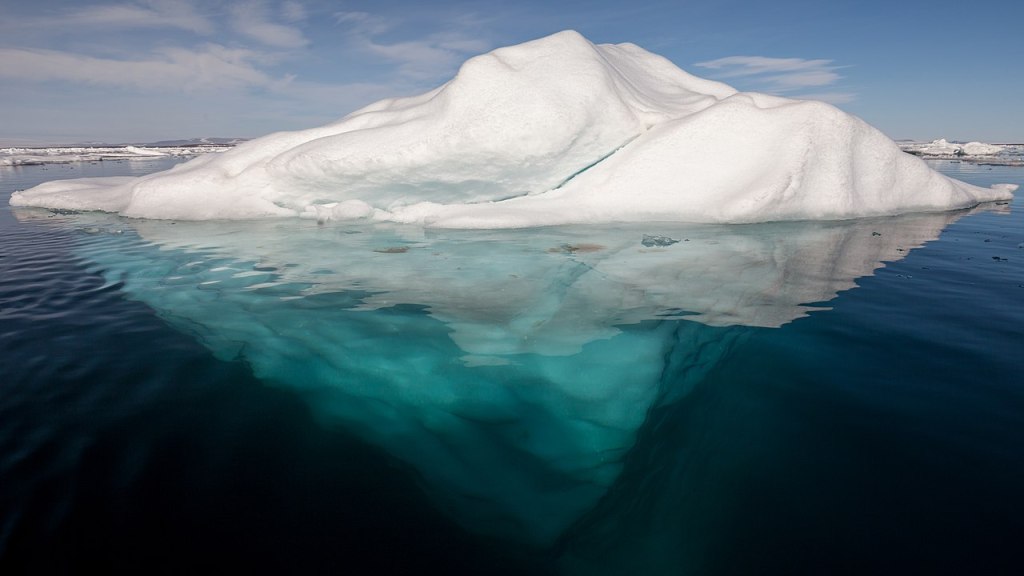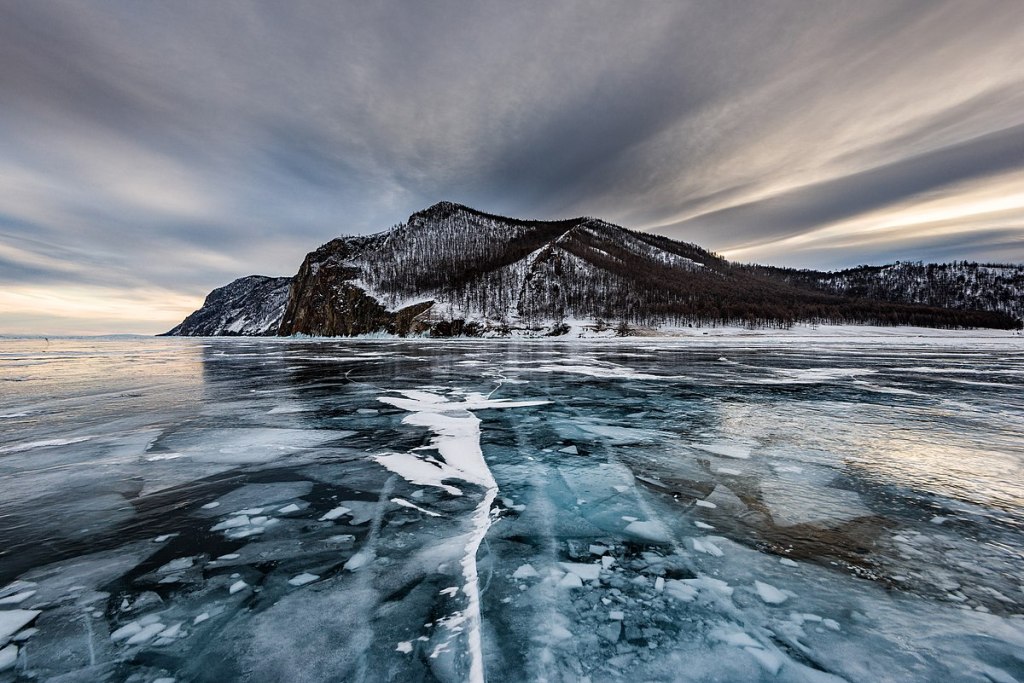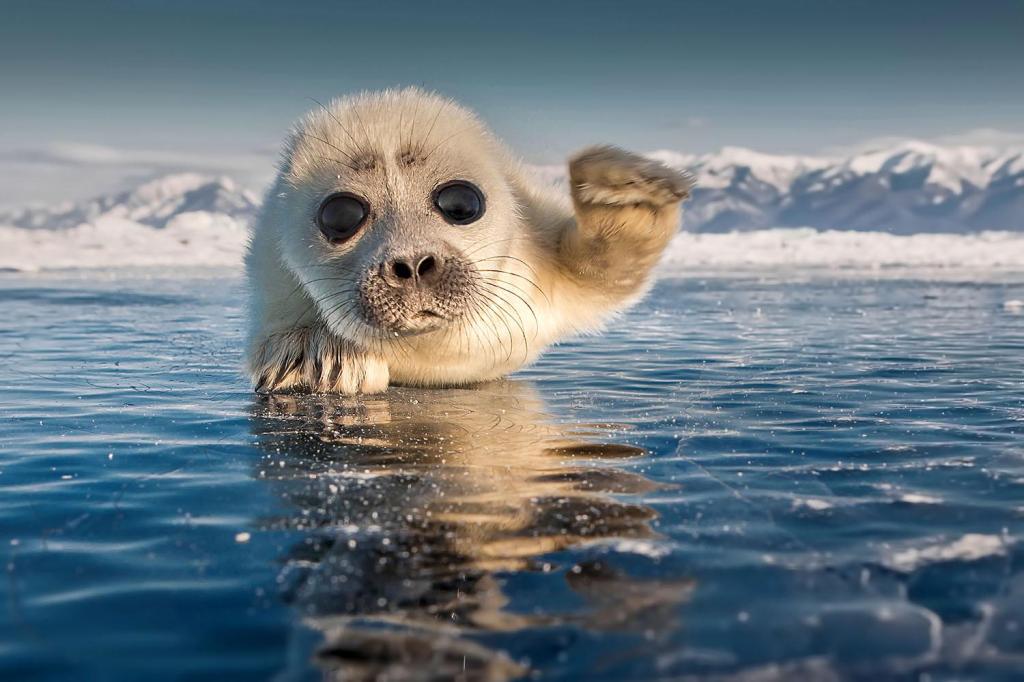Life on Earth is always an interesting topic. It often does centre around Biology and how evolution forms a prehistoric prokaryote mutating and evolving into the wide array of life that we see on Earth, but Physics plays its part. Specifically, with density.

Density is the mass per unit volume. A substance that has a lower density than the substance it is surrounded by will elegantly float. It is a property of all matter but I am going to speak specifically of water and its solidified state, ice.
When teaching solids, liquids and gases, it is common to hear that solids are denser than liquids and gases even more so, but not all substances follow this rule, some substances get less dense when they are solid. Water is one of a few substances with this property. Germanium and silicon are also less dense when they are solids, as is acetic acid.
Water has a density of water at 4oC is 0.9998395 g/cm3. As water decreases in temperature, it decreases in density with ice at 0oC having a density of 0.917 g/cm³. This is why when we look at the image at the top of this page, we see that the iceberg has that eerie thalassophobia-inducing dark ocean below it – it’s floating.
When water is heated it undergoes negative thermal expansion whereby the substance expands rather than contracts. When water is in its liquid state hydrogen bonds are constantly forming between each molecule, when it begins to freeze these hydrogen bonds fix in position forming a hexagonal crystalline structure (there is also ice that forms a cubic structure, which is also less dense, but only occurs in minute traces on Earth). This rearranging of the position of molecules of water leaves gaps between the molecules causing them to occupy a larger volume and therefore less dense. Ergo, it floats!
This single property of water is essential for life on Earth. If water was dense as it froze, when it turns to winter and the surfaces of seas and lakes begin to freeze, this would sink to the bottom forming a convection current that decreases the temperature of the whole body of water – causing it to freeze from the bottom up, bringing a slow end to all life within it.

With life forming around 3.7 billion years ago and multicellular life more recently around 1.5 to 0.6 billion years ago, evolution resulting in you reading this could have been catastrophically halted during Earth’s snowball Earth period 850 million years ago. This can be best demonstrated in Earth’s oldest lake, Lake Baikal.
Located in southern Siberia in Russia, Baikal is the world’s oldest, deepest and largest lake whilst containing almost 22% of the world’s fresh water. It is also known for its intense biodiversity including one of the world’s only freshwater seals.
As water is also a fairly good thermal insulator, as it freezes it ensures that the water below is insulted and can remain at a consistent temperature of around 4oC all year round.
On a ‘snowball Earth,’ this meant that water below the surface of the icy wasteland above was still able to thrive, reproduce, and evolve. When Earth began to increase in temperature around 630 million years ago complex life was free to develop the ability to create its own anti-freeze ensuring life will always continue even when the next ice age consumes us all.


This is a very interesting site and I would like to read more of your topics, so can I ask you to keep me updated with new interesting facts and video’s. T.k.i.a.
LikeLike
If you subscribe, you’ll get a notification every time a new article is posted.
LikeLike
[…] is blue unless I draw attention to their own wrists. Nor have I ever heard a pupil mention the density of water getting lower when it freezes being […]
LikeLike